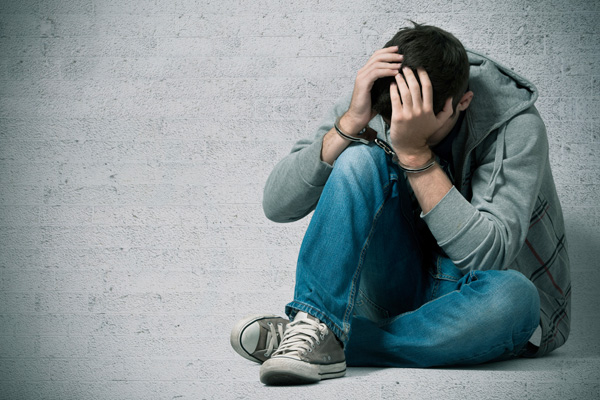- La Feria Community Holds Succesful Business Mixer Event
- Little Nashville to Take Place in Downtown Mercedes
- Lions Basketball Captures District Gold
- La Feria ISD Students Compete in Regional Chess Tournament
- Lions End First Half of 32-4A on a High Note
- La Feria ISD Held Another Successful Parent Conference
- Strong Appearance for Lions at Hidalgo Power Meet
- LFECHS Students Get to Meet Local Actress
- Students Participate in Marine Biology Camp
- Two LFECHS Students Qualify for All-State Band
Report Shows Texas Isolation Policies Dangerous for Children
- Updated: January 6, 2016
by Eric Galatas
AUSTIN, Texas – Texas is one of only 10 states that allows juvenile justice centers to use solitary confinement indefinitely to punish children, according to a new report.
The survey by the national law firm Lowenstein Sandler found 21 states now prohibit punitive isolation and 20 others impose time-limits.
Patrick Bresette, executive director with the Children’s Defense Fund of Texas, says time-outs to separate a juvenile from the rest of the population can be useful, but solitary confinement isn’t the answer.
“But the practice that has no real limits in law that allows administrative approval to just kind of snowball and add up to hours and hours and hours and days and days of solitary confinement, that’s clearly damaging,” he says. “And it would be good for us to have a policy that really restricted that use as much as possible.”

Texas is one of the last remaining states in the nation to allow indefinite solitary confinement as punishment. Photo: AlexRaths/iStockphoto
Bresette notes the report’s in-depth research can be an important tool for state legislators already committed to juvenile justice reform and says the Children’s Defense Fund will work with other Texas groups to advance the issue in the next session.
Half of all suicide victims in juvenile detention nationally were in isolation at the time they took their own lives, according to the report, noting concerns expressed by former Attorney General Eric Holder, and 62 percent had a history of solitary confinement.
Mark Soler, executive director with the Center for Children’s Law and Policy, says isolation has an especially profound impact on young people.
“Solitary confinement causes a variety of harms to children,” he says. “Including psychological and emotional harm, increased anxiety, depression, psychosis on some children, increased risk of suicide and self-harm.”
Soler adds increasing staff at facilities is also important. He says after 14 hours on the job, staffers have no patience when children act up, and lock them up instead of taking time to de-escalate a situation.
The report found young people have been held in solitary confinement for up to 23 hours a day, often with no human interaction and, in some cases, children were held in small rooms with windows that were barely the width of their own hands.


